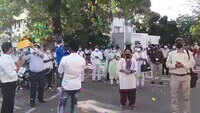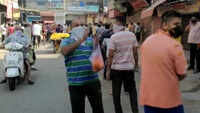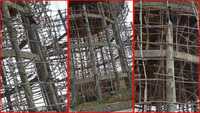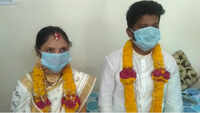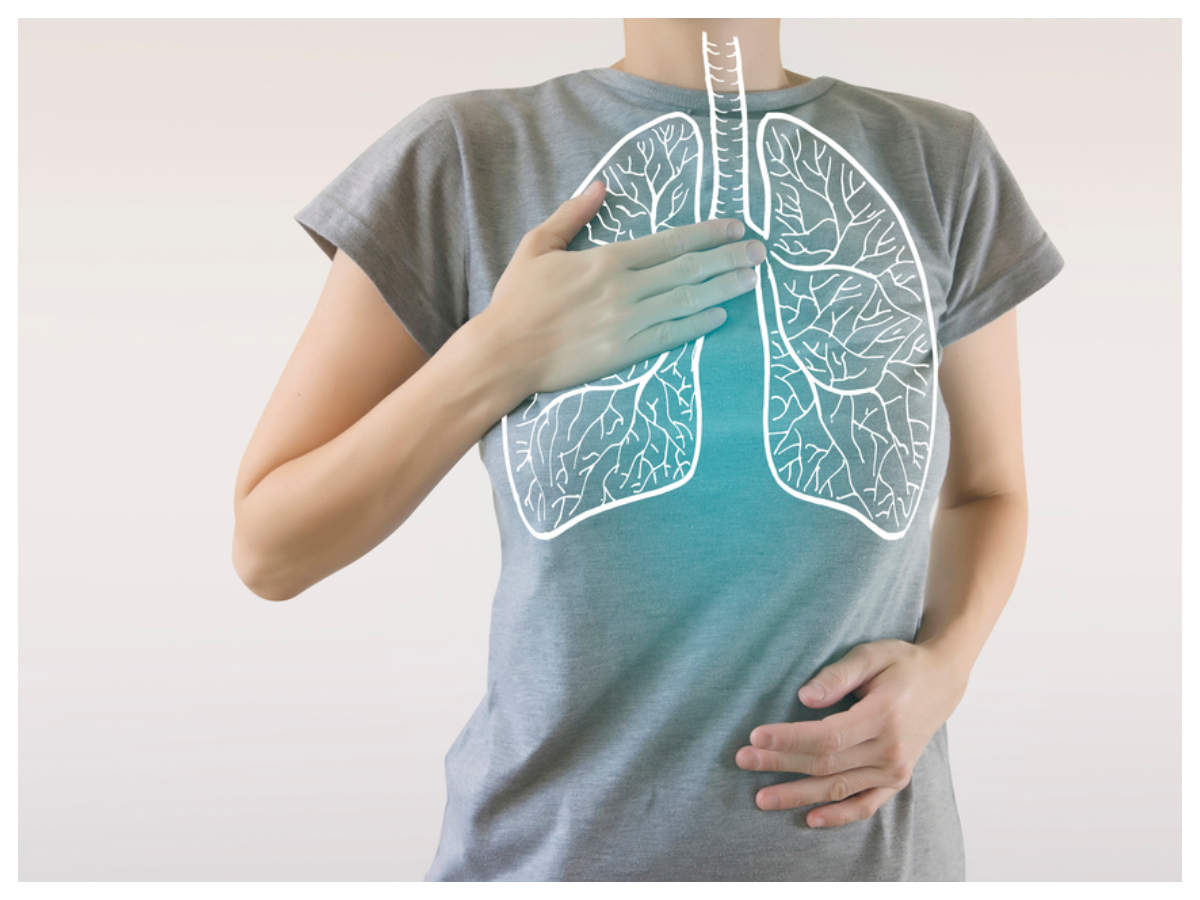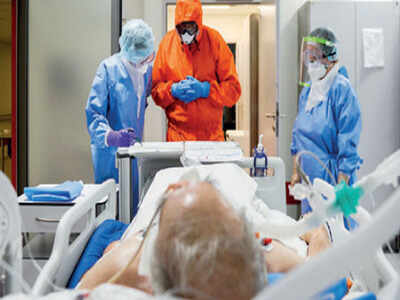
PUNE: There has been a surprising drop in the number of emergency cases at non-Covid-19 private hospitals across Pune.
Officials at the hospitals' emergency departments reported an 80% dip in the number of heart attacks, strokes and trauma. The drop, they said, was noticed after the lockdown.
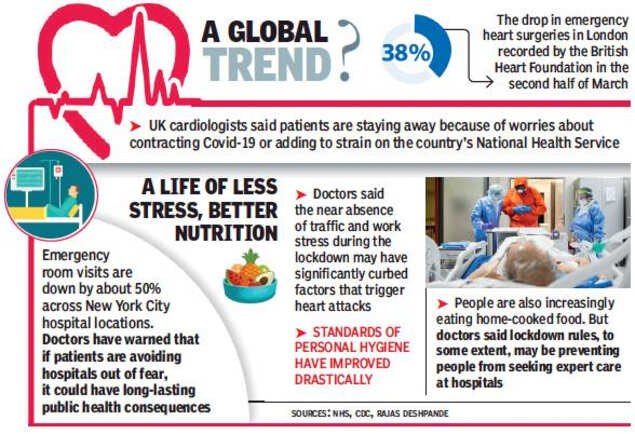
Non-Covid-19 hospitals are facilities treating only a fixed number of coronavirus cases. Their focus is other ailments or emergencies.
Doctors added it was unclear if the fall in emergency cases was the result of under-reporting or absence of work-related stress during the lockdown.
Others said people with mild symptoms were postponing hospital visits because they feared contracting infection. “Patients with brain tumours are worried about hospital visits because they fear infection. Last week, six patients came in only after developing symptoms they could no longer tolerate,” said neurosurgeon Charu Apte, chairman of the Sahyadri group of hospitals.
Cardiologist J S Dugal said heart attacks seem to have “disappeared”. “The cause is unclear. It could be multifactoral,” he said.
Others said they were “pleasantly surprised” to see a drop in heart-related emergencies. “The number of heart attack cases have fallen and so have angioplasties. Lifestyles have suddenly become healthier after the lockdown. I’m pleasantly surprised to see the drop,” said Abhijit Vaidya, a cardiologist.
Cardiologist Suhas Hardas said: "Before Covid-19, I would see at least 15 cardiac emergencies every month. That number has dropped after the lockdown. Most private hospitals have recorded an 80% drop in heart attacks, strokes and trauma."
Hardas, however, said the fall could be the result of under-reporting. "Several cases of heart attacks or unstable angina have not been reported. We lost two critical patients who were unable to reach us in time during the lockdown. There is a high possibility of under-reporting by patients themselves because they fear contracting infection in hospitals."
The other possibility is an actual decline in emergency cases. “People are with their families; they are relaxed and not burdened with work,” Hardas said.
He added: “During the lockdown, people have found time to paint, read, exercising, compose music and watch interesting TV shows.
“I realise that people are also eating healthy. And due to a relatively non-stress lifestyle, the overall adrenaline surge — that trigger cardiovascular events — has reduced. Life has suddenly become less competitive, less stressful. We seem to have returned to the days of simplistic living.”
Officials at the hospitals' emergency departments reported an 80% dip in the number of heart attacks, strokes and trauma. The drop, they said, was noticed after the lockdown.

Non-Covid-19 hospitals are facilities treating only a fixed number of coronavirus cases. Their focus is other ailments or emergencies.
Doctors added it was unclear if the fall in emergency cases was the result of under-reporting or absence of work-related stress during the lockdown.
Others said people with mild symptoms were postponing hospital visits because they feared contracting infection. “Patients with brain tumours are worried about hospital visits because they fear infection. Last week, six patients came in only after developing symptoms they could no longer tolerate,” said neurosurgeon Charu Apte, chairman of the Sahyadri group of hospitals.
Cardiologist J S Dugal said heart attacks seem to have “disappeared”. “The cause is unclear. It could be multifactoral,” he said.
Others said they were “pleasantly surprised” to see a drop in heart-related emergencies. “The number of heart attack cases have fallen and so have angioplasties. Lifestyles have suddenly become healthier after the lockdown. I’m pleasantly surprised to see the drop,” said Abhijit Vaidya, a cardiologist.
Cardiologist Suhas Hardas said: "Before Covid-19, I would see at least 15 cardiac emergencies every month. That number has dropped after the lockdown. Most private hospitals have recorded an 80% drop in heart attacks, strokes and trauma."
Hardas, however, said the fall could be the result of under-reporting. "Several cases of heart attacks or unstable angina have not been reported. We lost two critical patients who were unable to reach us in time during the lockdown. There is a high possibility of under-reporting by patients themselves because they fear contracting infection in hospitals."
The other possibility is an actual decline in emergency cases. “People are with their families; they are relaxed and not burdened with work,” Hardas said.
He added: “During the lockdown, people have found time to paint, read, exercising, compose music and watch interesting TV shows.
“I realise that people are also eating healthy. And due to a relatively non-stress lifestyle, the overall adrenaline surge — that trigger cardiovascular events — has reduced. Life has suddenly become less competitive, less stressful. We seem to have returned to the days of simplistic living.”

Coronavirus outbreak
Trending Topics
LATEST VIDEOS
More from TOI
Navbharat Times
Featured Today in Travel
Quick Links
Kerala Coronavirus Helpline NumberHaryana Coronavirus Helpline NumberUP Coronavirus Helpline NumberBareilly NewsBhopal NewsCoronavirus in DelhiCoronavirus in HyderabadCoronavirus in IndiaCoronavirus symptomsCoronavirusRajasthan Coronavirus Helpline NumberAditya ThackerayShiv SenaFire in MumbaiAP Coronavirus Helpline NumberArvind KejriwalJammu Kashmir Coronavirus Helpline NumberSrinagar encounter
Get the app

